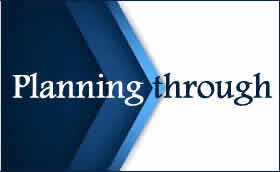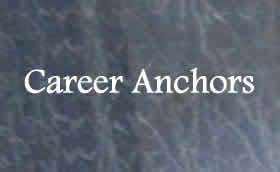WHAT IS A CAREER?
A career is the work experience during your lifetime. All the work you have done constitutes your career. What is important is whether one has had an enjoyable and meaningful career. Enjoyable in the sense that you took satisfaction out of it, and meaningful in that it enables you to achieve your life goals to a great extent. This means somebody can change jobs periodically but should do so based on two important things.
Competencies and interests. Competencies are people’s abilities shaped by background environment and skills built as one works. There are different types of competencies, technical, conceptual and interpersonal.
Technical competencies are the ability to do things, these are usually specific to a job. However, the most important competencies, are those which are a requirement for every job, interpersonal, communication, problem solving, conflict management and leadership skills. These competencies are what will take people into different jobs and make them successful.
Career planning is best done by individuals. This is because they know best what they want. Some organizations including MUBS attempts to give career guidance to its staff, such guidance is only helpful. Finally each individual must take charge of his/her own career plans. A career is the road map to ones future. But it is simply a road map not the target. The target is the quality of life one wants to leave.
As one plans a career it is important to note that the future is unknown and cannot be predicted. Here today, gone tomorrow. The world is changing at a very fast pace and it is difficult to plan a career with certainty. However, good planning enables an individual to make the future he or she wants to have rather than simply react to changes taking place.
Keeping in mind that the future is uncertain, career planning should be making oneself available with the necessary skills for employment. The career planning process is a four-phase process involving setting personal goals and objectives, evaluating ones strengths and weakness, analyzing and choosing career opportunities and reviewing and updating career plans.
Objectives of career planning
a). Helps a person to identify the skills and qualities needed for both current and future jobs.
b). Aligns and integrate personal aspirations with opportunities available in the events.
c). Helps develop new career paths and plans that points outwards from the individuals in all directions not just upwards.
d). Revitalizes a person who is experiencing stagnation in his/her career.
e). Provides a person with the opportunity to develop his /her career.



